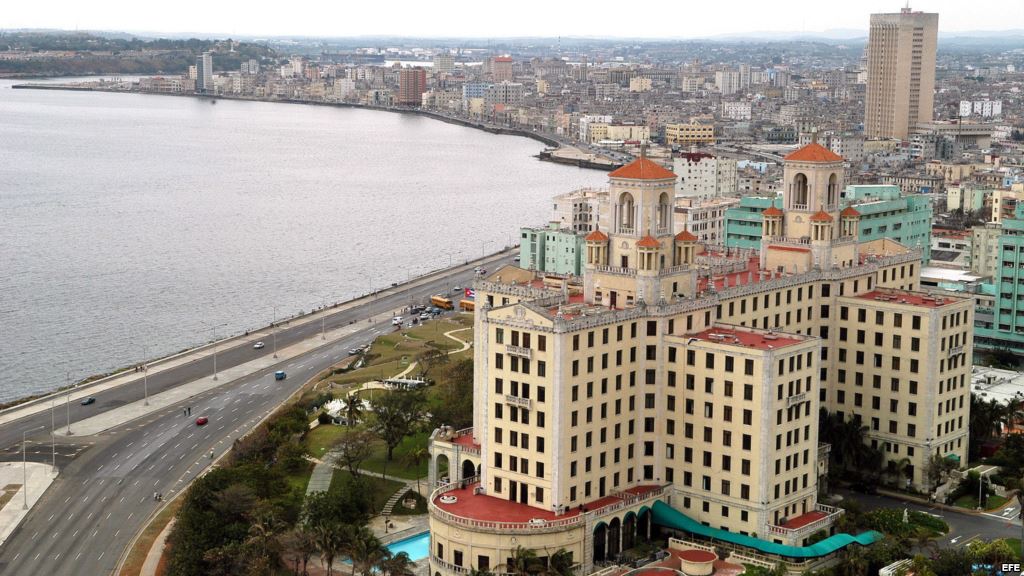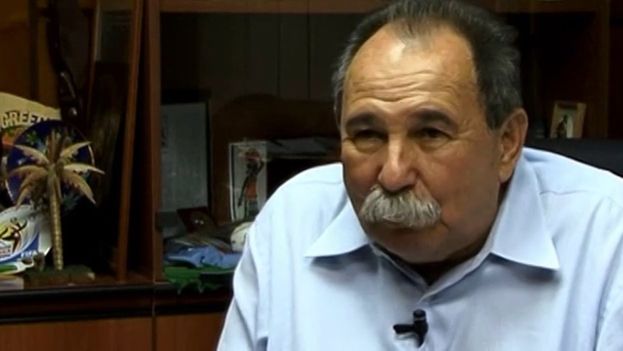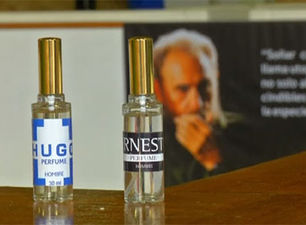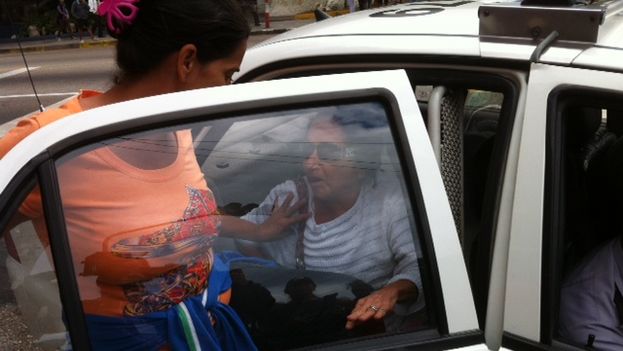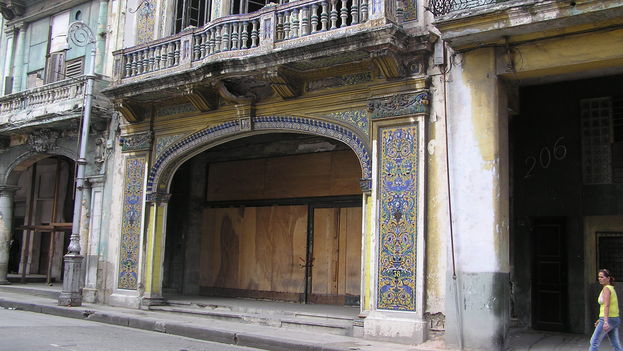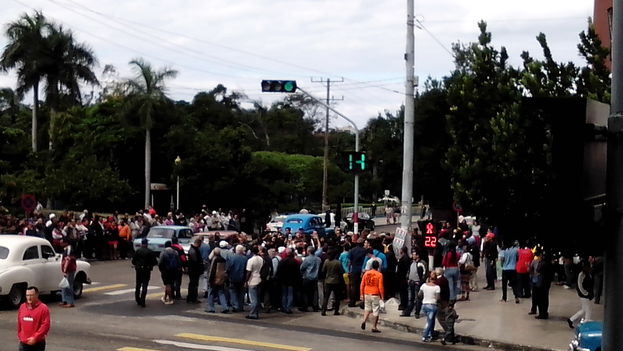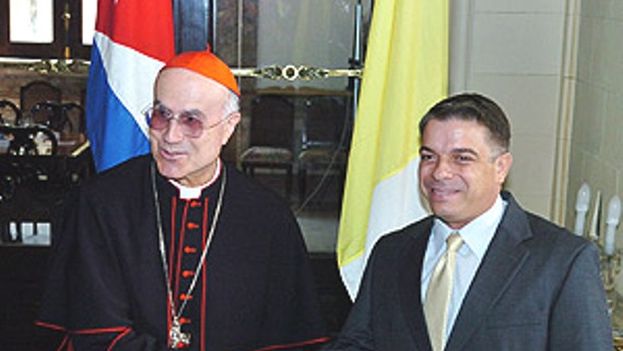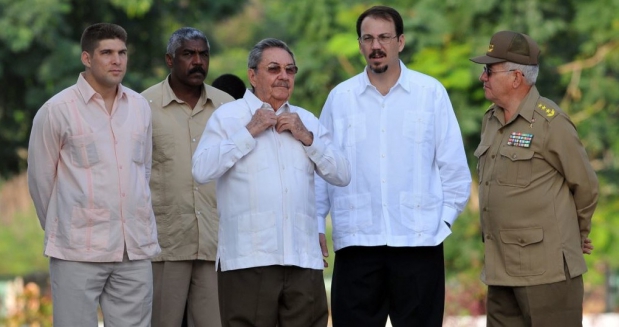14ymedio, CEDERISTIN DOMINGUEZ, 10 December 2014 — The independent press that usually criticizes the Cuban government using human rights as a pretext should come out into the street today, December 10. Our children, especially those in primary school, will be playing, jumping and doing pirouettes in all Havana’s main plazas. Representatives from the United Nations, the foreign press and especially the national press will enjoy a great time there, watching the carnival of happiness and color that the children will give them spontaneously and voluntarily.
How do I know? Well, because I have lived in Cuba my whole life, and I know our children, and they are very prone to playing on the tenth of December… Why this day? Well, I don’t know, the truth is that now that you ask me it is a little strange. . . It’s cold, it rains and it is a school day.
What I do know is that it coincidentally matches the world day of human rights and at least our children will not be bored in cages learning mathematics, physics or Spanish. After all, we are barbarians in all that. continue reading
But while I do not “cover the sun with a finger,” I also criticize what is badly done. For example, a very pretty activity that they should do more often with the children is acts of repudiation. The last time my boy told me that an old lady almost died while they were dragging her son and that they crushed a pile of people. Those things are very important so that children learn to behave and don’t turn out later to be like those vulgar youth who are rather critical of Raul.
Over there, those strange countries have even prohibited parties and governments from using children for politics. And they call that democracy? Here there is democracy and how. Check it out, even the newborns and fetuses, although they are unaware of their own existences, are already defending the revolution on the national news.
That is what our enemies will not pardon us for. The traitors are determined only to see the little specks in the eye, no different from the whole world’s, and from that they make a huge problem. So what if those children, when they grow up, will not be able to elect their own government, so what if they earn a laughable salary, so what if half of them by age 25 will no longer be here (having gone into exile), so what if they are expelled from their universities or their jobs if they think differently, they will not be able to associate or meet or access the internet, yadda yadda. The same old song as always… The good thing is that the people are aware that all that is false.
Look, why don’t they talk about the beauty of the choreography that the children are doing? Much more open and improvised than that of the Chinese or North Korean children. Here each child throws a ball, jumps or laughs when he feels like it… That is a the painful truth, but of course, that is not what they see… What interests them is all that bunch of nonsense that the neighbors from the north and the Europeans have put in their heads. That’s why we suspended the meeting that we had planned for these days with those evil freaks.
Okay, I am going to grab my raincoat and go out for a walk because today for sure they will sell sweet cookies in the street, and I have to take advantage…
Translated by MLK

